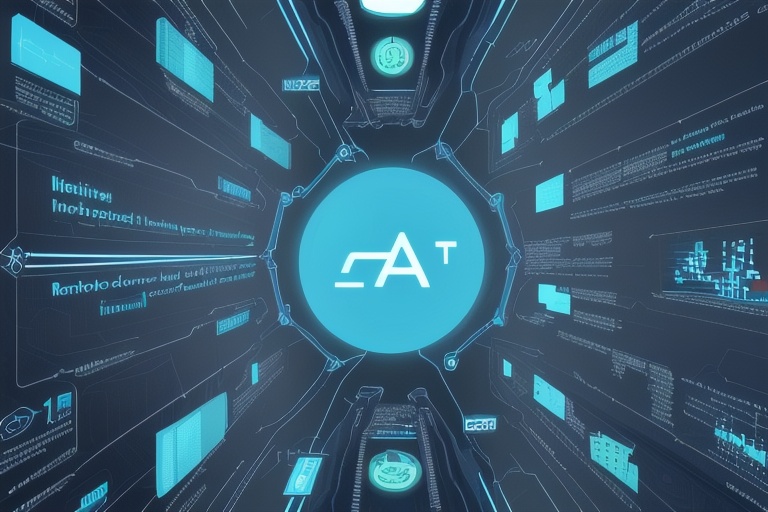Artificial Intelligence (AI): A Journey Through History and Impact
Artificial Intelligence (AI): A Journey Through History and Impact
Artificial intelligence is far more than just a buzzword in the tech industry; it is a testament to human ingenuity and the relentless pursuit of advancement. Tracing back to the 19th century, the inception of AI was marked by the creation of the first programmable machines, laying the foundation for a revolution in computing technology. The 20th century fostered the rise of computers, providing a tangible platform for the theoretical concepts of AI to take shape.
The Genesis of AI and Early Breakthroughs
The 1950s heralded a new era in artificial intelligence. It was a time of significant achievements, including the pioneering work on neural networks, which sought to mimic the cognitive processes of the human brain. The Dartmouth College conference played a pivotal role, bringing together the brightest minds to discuss and explore the potential of AI, thereby formalizing the field and giving it its name.
Unveiling Machine Learning and Deep Learning
As the decades passed, major milestones were unveiled, transforming AI from a niche field of study to a driver of technological innovation. Machine learning emerged as a game-changing paradigm, permitting computers to learn from and make predictions based on data, effectively opening doors to applications previously thought impossible. Not resting on its laurels, the field progressed to deep learning, where neural networks with many layers were able to engage in complex pattern recognition, propelling AI to new heights of capability.
The Integration of AI Across Industries
The impact of AI on society is far-reaching. Today, we observe its seamless integration into myriad industries, reinventing the way institutions operate. Healthcare systems are employing AI to predict patient outcomes and assist in diagnostics. Financial institutions leverage algorithms to detect fraud and automate trading. In education, adaptive learning technologies provide personalized experiences to students, while the entertainment industry creates immersive, responsive experiences.
The Ethical Landscape of AI
While we marvel at the profound possibilities AI introduces, it is our responsibility to steer this technology towards a future that reflects our ethical values and promotes equity. Ethical considerations, such as the transparency of AI algorithms and the mitigation of bias, are not mere options but necessities. Regulatory efforts are in progress; however, the diverse and evolving nature of AI technologies renders this a particularly challenging endeavor.
Navigating the Future with Responsibility
Understanding the progression and milestones of artificial intelligence equips us to anticipate its trajectory and appreciate the complexities it introduces. We stand on the brink of unprecedented advancements, yet we must tread carefully, considering the implications of AI on employment, privacy, and social norms. It is through a balanced approach—celebrating innovation while honoring our collective ethical standards—that AI will continue to serve as a beacon of progress for humanity.
As we glance toward the horizon, our commitment to responsible AI becomes the compass that guides our journey. Join us as we continue to uncover the rich landscape of artificial intelligence, its transformative power, and the shared responsibility in shaping its role in service to society. Stay tuned for upcoming parts in this series, which will delve into more granular applications of AI and forecast its future developments, balancing technical insights with societal implications.
Information for this article was gathered from the following source.




